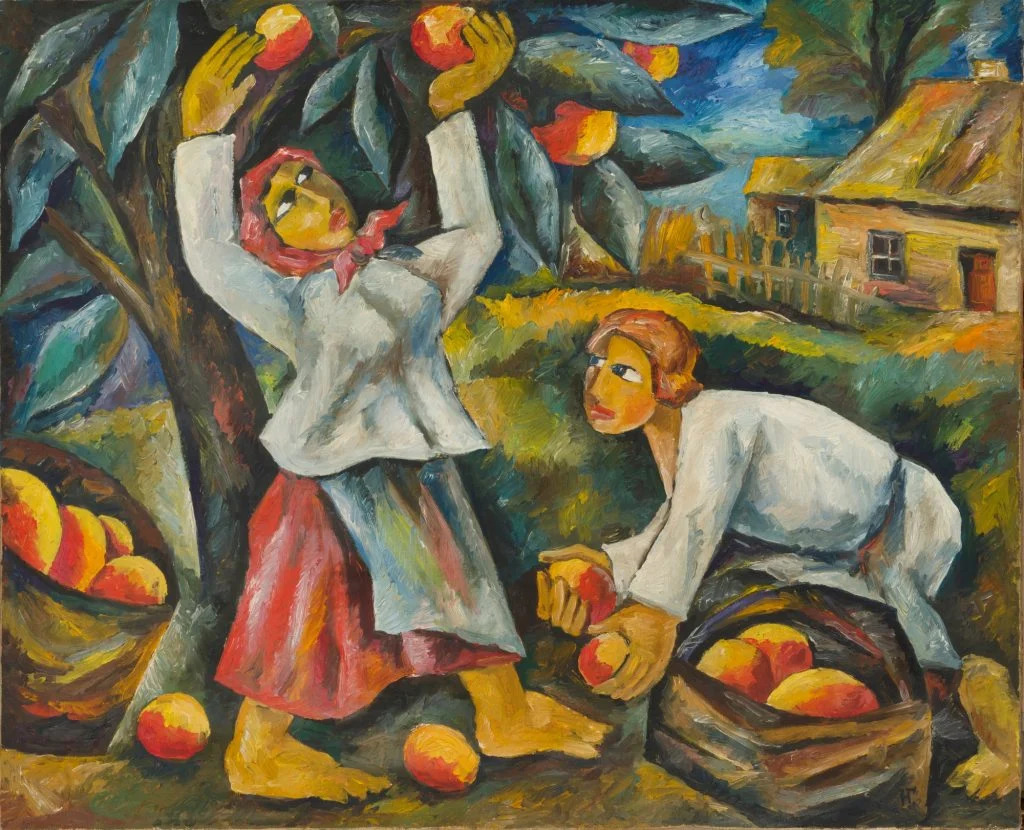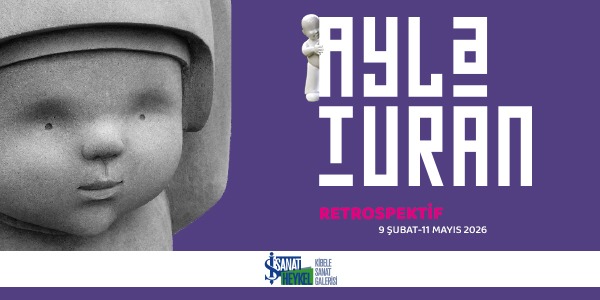A Paris court has recovered 135 stolen paintings, valued at over €200 million ($208 million), for the family of Uthman Khatib. The private collector is attempting to reclaim a collection of 1,800 Russian avant-garde artworks, allegedly taken from a German storage facility in 2019. The collection includes pieces attributed to Kazimir Malevich, Wassily Kandinsky, El Lissitzky, and Natalia Goncharova.
In 2023, authorities seized hundreds more paintings from the original collection in Frankfurt, Germany, where the Khatibs launched a legal battle last March against the alleged thief, Mozes Frisch. A news statement on the ruling described Frisch as a “convicted Russian-Israeli criminal.” In Frankfurt, Khatib is pursuing either the return of the stolen works or €310 million ($323 million) in compensation.
The 135 paintings were confiscated by French authorities last spring from ArtAnalysis, a Paris-based art authentication service, after the Khatibs reported them stolen. The company’s owner, Laurette Thomas, partnered with Frisch and art collector Olivia Amar to sue Khatib, demanding the return of the paintings along with €29.3 million ($30.5 million) in damages and legal fees. However, the court ruled in Khatib’s favor.
The Khatib family claims that many of the 1,800 artworks remain unaccounted for, suspecting some have already been auctioned in Israel, Monaco, and France. The Paris Judicial Court appeared to support this claim, stating: “All in all, Mr. Uthman Khatib should be considered to have a claim arising from his ownership of works of art, which were appropriated by Mr. Mozes Frisch, who has started to sell some of them.”
During the Paris court proceedings, Thomas, Frisch, and Amar argued that the allegedly stolen artworks belonged to Frisch and Amar. They presented 15 legal claims, all of which were either dismissed or rejected. The court ordered the trio to cover the Khatibs’ legal expenses, though they retain the right to appeal the ruling.
The court highlighted in its ruling that Amar’s “claimed ownership is questionable due to her silence when the works were seized during a criminal investigation by the German police.” Additionally, the German Federal Police submitted a document as evidence, stating that prior to 2013, the Amar family did not possess the artworks. It further alleged that the provenance records presented for the collection had been falsified.
The 1,800-piece collection was originally assembled by art dealer Itzhak Zarug, who operated a gallery in Wiesbaden, Germany. Before the alleged theft, authorities had confiscated the works over concerns they might be forgeries, as part of a broader legal case accusing Zarug of running a forgery ring.
In 2018, a Wiesbaden court dismissed the forgery charges against Zarug. After five years of investigation involving over 10 international experts, authorities were unable to determine the authenticity of most of the collection, concluding that only four paintings were definitively fake.
Zarug was, however, convicted on lesser charges related to falsifying provenance records and fraud. The 1,800 paintings were returned to him, and on August 13, 2020, he reached an agreement with Frisch and Khatib to divide ownership of the collection. Under this agreement, Khatib received ownership of 871 works—approximately half of the collection. He now alleges that Frisch wrongfully took possession of a portion of the artworks that were rightfully his. The Frankfurt am Main Regional Court has acknowledged this claim, leading to the 2023 seizure of artworks belonging to Frisch in Frankfurt as security for Khatib’s case.









